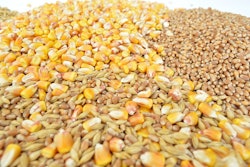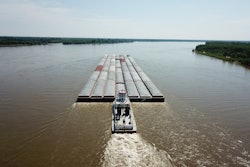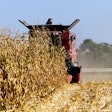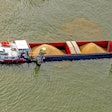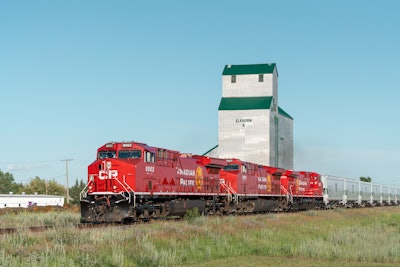
A labor dispute that shut down operations at Canadian Pacific Railway on Sunday is set to aggravate a shortage of commodities sparked by Russia's invasion of Ukraine, and a prolonged lockdown could hurt farmers ahead of the spring planting season, reports Reuters.
CP halted operations after talks with workers' union failed, with both sides blaming the other for the outcome. Talks continued on Sunday with federal mediators at the table.
“We are deeply disappointed that, in the final hours before a legal strike or lockout was to potentially occur, the TCRC Negotiating Committee failed to respond to the company’s latest offer that was presented to them by the federal mediators,” said Keith Creel, CP president and CEO.
“Instead, the TCRC opted to withdraw their services before the deadline for a strike or lockout could legally take place. The TCRC is well aware of the damage this reckless action will cause to the Canadian supply chain.”
Prior to the midnight deadline, the TCRC Negotiating Committee issued a news release of its own, stating "shortly before the lockout was announced, the Teamsters Union expressed its desire to continue bargaining. Unfortunately, the employer chose to put the Canadian supply chain and tens of thousands of jobs at risk."
“We are very disappointed with this turn of events," said Dave Fulton, TCRC spokesperson at the bargaining table. “Canadian Pacific management must be taken to task for this situation.
"They set the deadline for a lockout to happen tonight, when we were willing to pursue negotiations," continued Fulton. "Even more so, they then moved the goalpost when it came time to discuss the terms of final and binding arbitration.”
According to the TCRC, wages and pensions remain major stumbling blocks. Also at issue are working conditions that call into question the railway’s capacity to recruit and retain workforce members.
Canada, the largest country by area after Russia, depends heavily on rail to move commodities and manufactured goods to port. With 75% of all fertilizer in Canada moved by rail, the farm sector will feel the heat, industry body Fertilizer Canada said.
The agricultural sector is already facing shortages and higher prices due to Western economic sanctions on Russia and Belarus, two major fertilizer producers.
“Canada cannot afford another disruption to our supply chain,” says Karen Proud, president and CEO of Fertilizer Canada.
"During the lead-up to spring seeding, every day, frankly every hour, counts. During this critical time our members rely on uninterrupted rail service to deliver their products to their farmer customers in Canada and into international markets.”
The impact of the strike could be felt south of the border as CP's rail network runs as far south as Kansas City in the U.S.
“A CP work stoppage will bring additional uncertainty to fertilizer markets in the U.S.,” says Corey Rosenbusch, The Fertilizer Institute President and CEO.
“The U.S. receives 86% of our potash imports from Canada, much of it by rail. We are in full support of our Canadian partners in calling on the federal government to take immediate action.”
The work stoppage includes more than 3,000 Teamsters Canada Rail Conference (TCRC) union members who work as engineers, conductors, trainpersons, and yardpersons.


